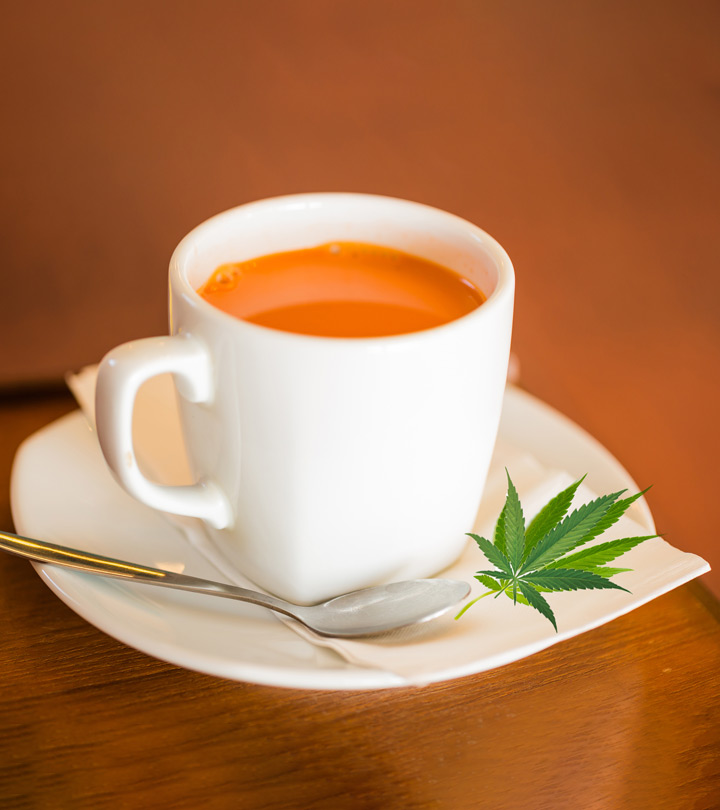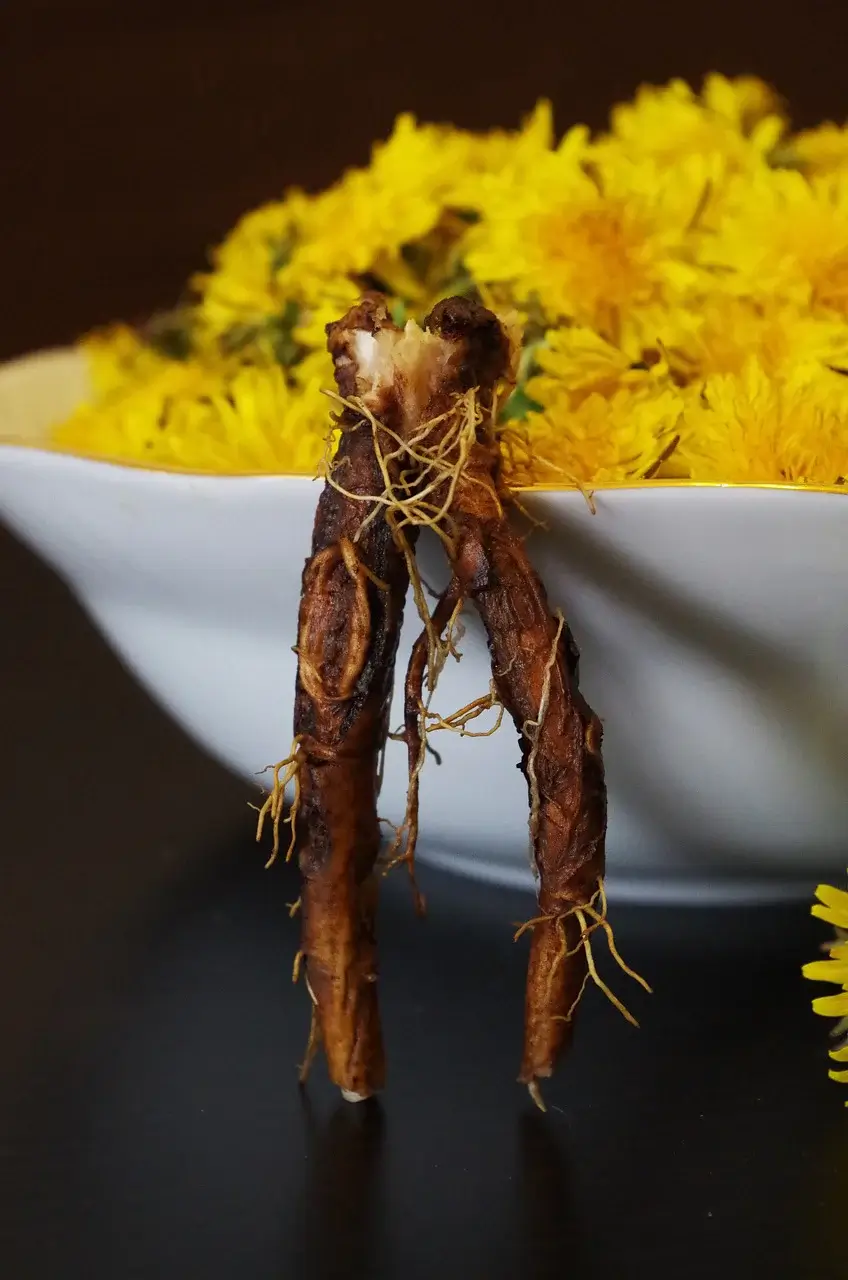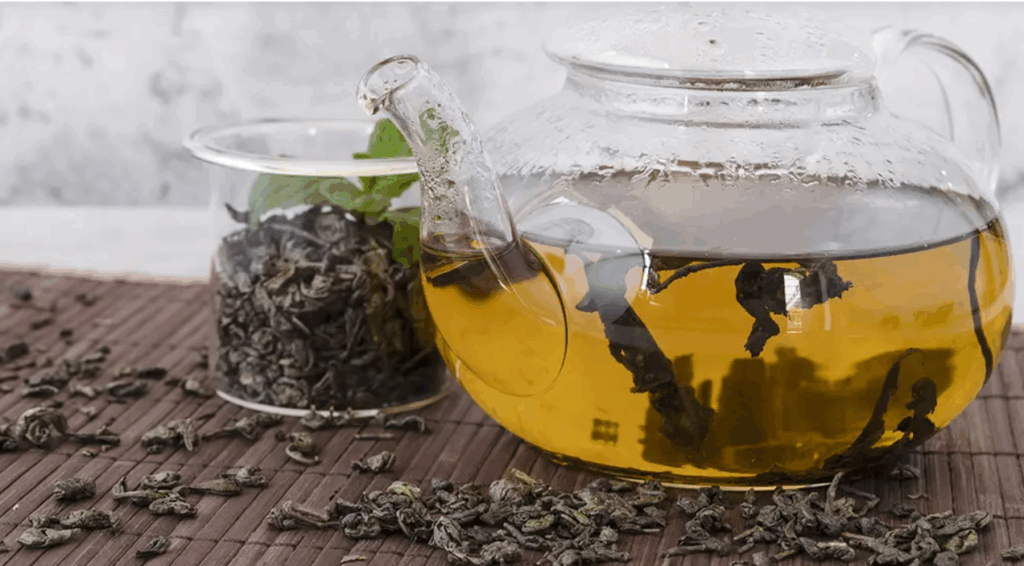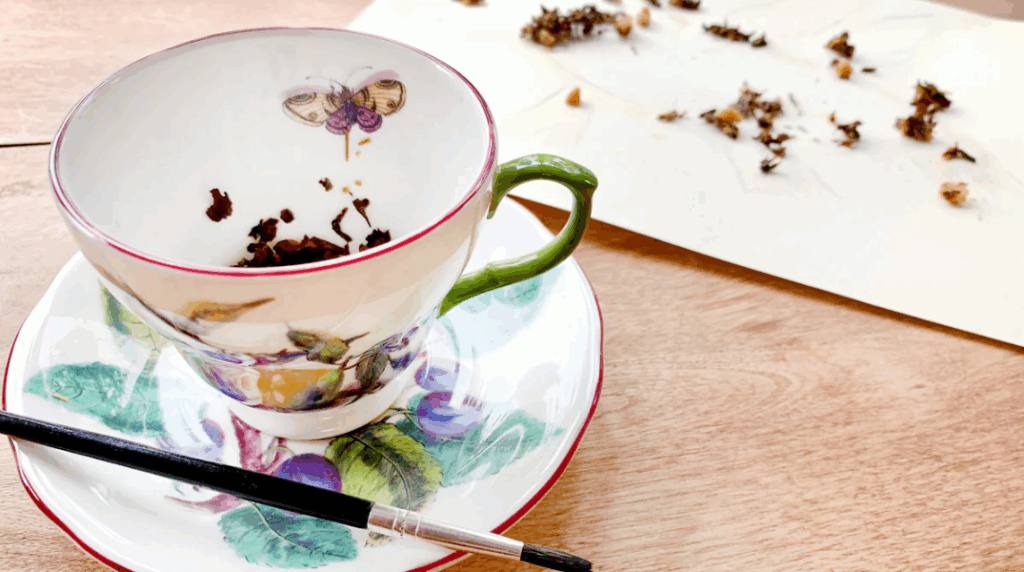Can Tea Go Bad? Discover the Surprising Truth About Stale Tea
Tea can go bad over time, especially if not stored properly. Exposure to air, light, and moisture can cause tea to spoil.
Tea is a comforting and ubiquitous beverage enjoyed by millions around the world. However, if not stored correctly, tea can go bad. Factors such as exposure to air, light, and moisture can cause the flavor and quality of tea to deteriorate over time.
Understanding how to properly store tea can help to maintain its freshness and flavor. This article will discuss the signs that indicate tea has gone bad, the factors that contribute to spoilage, and the best practices for storing tea to ensure its longevity and quality. Whether you prefer black, green, or herbal tea, it’s important to know how to keep it fresh to fully savor its delightful taste and health benefits. Keep reading to discover how to prevent your beloved tea from going bad.

Credit: www.stylecraze.com
The Shelf Life Of Tea
Tea typically has a long shelf life if stored properly. Factors such as exposure to moisture and air, and the type of tea can affect its longevity. Generally, unopened tea can last for up to 2 years, while opened tea can last for about 6-12 months. Signs of spoiled tea include changes in color, aroma, and flavor. Storing tea in an airtight container in a cool, dark place can help prolong its freshness.
Green tea tends to have a shorter shelf life compared to black tea due to its higher antioxidant content. However, proper storage can extend its usability. It is important to be mindful of the storage conditions to maintain the quality of tea. So, understanding the shelf life and potential signs of spoilage can help ensure that you enjoy your tea at its best.

Credit: nutratea.co.uk
Understanding Stale Tea
What Causes Tea to Go Stale?
Tea can go stale due to exposure to air, light, and moisture.
To check for staleness, look for loss of aroma and dull color.
Impact of Stale Tea on Flavor and Health
Stale tea may result in bitter, flat taste and reduced antioxidants.
Proper storage techniques are crucial in extending the shelf life of tea. Storing tea in airtight containers is essential to prevent exposure to moisture, light, and odors. It is equally important to store tea away from heat sources, such as the stove or direct sunlight. To maintain freshness, it is recommended to store tea in a cool and dark place, like a pantry or cupboard. Avoid refrigerating tea, as the moisture can cause the leaves to deteriorate. Another tip is to not mix different types of teas together, as they can absorb each other’s flavors.
Consider investing in storage solutions specifically designed for tea, such as tea tins or canisters, which provide an excellent seal and block out light. If using tea bags, ensure they are properly sealed to preserve freshness. Lastly, regularly check and discard expired teas to avoid consuming stale or spoiled tea. By implementing these proper storage techniques, tea enthusiasts can enjoy fresh and flavorsome tea for a longer period.

Reviving Stale Tea
Can tea go bad? If you have ever found yourself with a box of stale tea, don’t worry! There are methods you can try to revive the flavor and aroma of your tea. One method to improve the taste of stale tea is to store it in an airtight container in a cool and dry place. This helps prevent the tea from absorbing any unwanted odors or moisture. Additionally, you can try steeping the tea for a longer duration, as this may help to release more of the tea’s flavors. Another option is to add some fresh ingredients, such as lemon or mint, to enhance the taste. These simple tricks can help bring back the delicious flavor and aroma of your stale tea.
Creative Uses For Stale Tea
Tea leaves can go stale if not properly stored, but that doesn’t mean they have to go to waste. There are creative uses for stale tea that can give them a new lease on life.
One alternative way to enjoy stale tea is by using it as a natural fertilizer. The nutrients in the tea leaves can help nourish plants, making them grow healthier and stronger.
Another option is to use stale tea bags to freshen up your home. Placing them in the refrigerator, closet, or shoes can help eliminate odors and leave a pleasant scent.
If you have stale herbal tea, you can use it to make a soothing bath. Simply add the tea bags to your bathwater for a relaxing and aromatic experience.
Finally, stale tea leaves can be used in cooking and baking. They can add a unique flavor profile to dishes and desserts, giving them an interesting twist.
So, don’t throw away your stale tea. Instead, repurpose them and explore new creative ways to enjoy their benefits!

Frequently Asked Questions For Can Tea Go Bad
Can Tea Go Bad?
Tea can go bad if it is stored improperly for an extended period of time. Exposure to air, light, heat, and moisture can cause tea leaves to degrade and lose flavor. It is recommended to store tea in an airtight container in a cool, dark place to extend its shelf life.
How Long Does Tea Last?
The shelf life of tea varies depending on the type of tea and how it is stored. Generally, most teas can last for 6 months to 2 years if stored properly. Green and white teas tend to have a shorter shelf life, while black and pu-erh teas can last longer.
It’s best to check the packaging or consult the manufacturer for specific recommendations.
How Can I Tell If Tea Is Bad?
You can tell if tea is bad by examining its appearance, aroma, and taste. If the tea leaves have mold, a musty smell, or an off taste, it is likely spoiled and should not be consumed. Additionally, if the tea has been stored improperly and has lost its flavor, it may be time to replace it with fresh tea.
Conclusion
To sum it up, tea can indeed go bad if not stored properly. Factors such as exposure to air, sunlight, and humidity can affect its quality and taste over time. It is essential to store tea in airtight containers away from light and moisture to maintain its freshness.
By following these precautions, you can enjoy a delightful cup of tea every time. So, give your tea the care it deserves and savor its aromatic flavors to the fullest.



